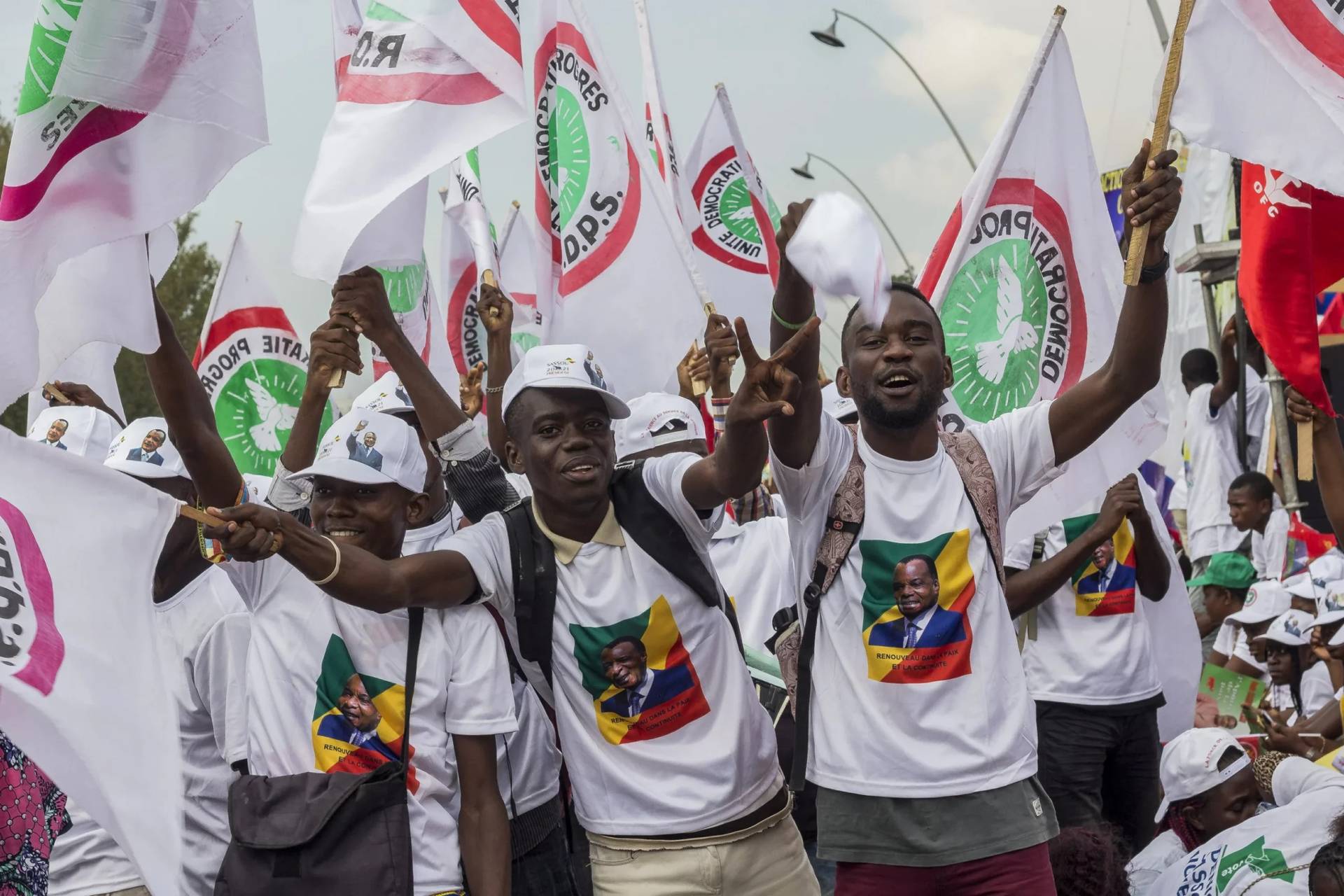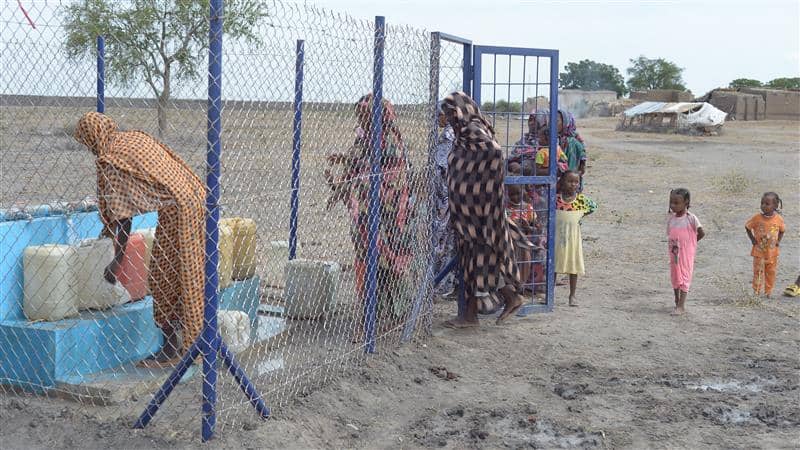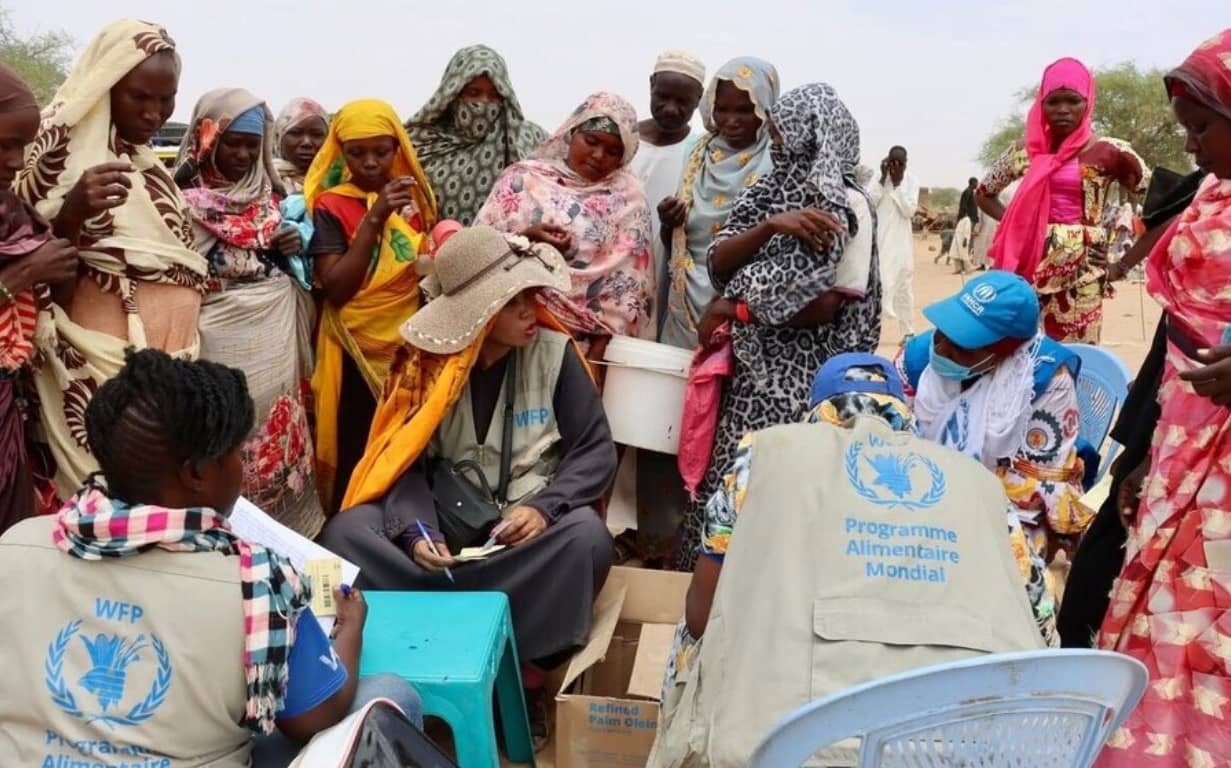YAOUNDÉ, Cameroon – The headquarters of the United Nations Environmental Program (UNEP) in Nairobi Kenya has been the host of the July 15-16 International Conference on the “Laudato Si’ Generation: Young people caring for our common home.”
Ahead of the event, Crux spoke with Allen Ottaro, the founder and executive director of the Catholic Youth Network for Environmental Sustainability in Africa (CYNESA).
Ottaro spoke about the challenges facing the environment in Africa, how young people can help find solutions. What follows are excerpts of that conversation.
Crux: How serious would you say is the problem of environmental degradation in Africa?
Ottaro: Africa is on the frontlines of environmental degradation, as it faces numerous environmental threats such as biodiversity loss, pollution, climate change, deforestation, water scarcity among others, all of which pose serious challenges for sustaining life, both for present and future generations.
Environmental degradation further compounds the poverty situation on the continent, as it the most vulnerable communities who are most impacted by the effects of environmental degradation. In turn this has impact on the social conditions of the people, for example accelerating rural-urban migration, challenge of food security, access to water and impact on people’s health.
The Nairobi conference will raise and address urgent environmental needs and opportunities. What in your thinking are these environmental needs, and what are the opportunities that could be created?
I think that tackling the climate crisis is one of the most urgent environmental needs of our time. Extreme weather-related events such as Cyclone Idai, which destroyed 90 percent of the city of Beira [in Mozambique], is a sobering reminder of the urgency of the climate crisis. In recent weeks and months, several governments have declared a climate emergency. Pope Francis has also joined in declaring a climate emergency, echoing his call in the encyclical letter Laudato Si’. We have also seen reports that paint a grim picture of the staggering extinction rate of species. Many of these problems are, to a great extent, caused by humans. It therefore means that we humans have the opportunity to turn things around.
The Laudato Si’ conference in Nairobi will explore how young people are innovatively providing solutions to these environmental challenges, whether through advocacy, as witnessed by the climate strikes; creating awareness; lifestyle changes; and concrete action plans like tree growing, recycling and renewable energy training.
These are opportunities that can also help address other socio-economic issues like unemployment on the African continent, and I hope that the conference will strongly highlight these transformative examples that can be upscaled. Working in partnership to tackle environmental challenges, is a key opportunity that the conference will highlight, with examples of how different religions can collaborate to care for our common home.
How can young people respond to the global environmental emergency, while attaining development dividends and preserving indigenous wisdom?
Young people have a stake in both the present and the future. They will live with the consequences of the decisions and actions, or the lack of them. It is therefore very important that young people actively and meaningfully participate in decision making processes that relate to development issues, and which have a bearing on the environment. Their strong consistent voices can shape decisions and actions of policy makers to be those that take into consideration the environmental impacts of development projects, paying attention especially to the most vulnerable in the society. Intergenerational dialogue is an important ingredient in preserving indigenous wisdom.
Young people need to interact with their elders to learn and inculcate values and knowledge that cannot be found in academic texts, but which is crucial in tackling the environmental crisis, and which has worked in preserving our natural heritage. Indigenous wisdom can also help shape the attitudes of young people and society in general, to redefine the meaning of development, and realize lifestyle changes that are in tune with the carrying capacity of our planet. This is the approach that CYNESA is taking in its work with young people, and as we celebrate our fifth anniversary, we aim to deepen these elements in the next 5 years of our organization’s programs and look forward to draw inspiration from the conference in this respect.
What do you think about those who deny the reality about climate change?
I think that there is a great need for continuous dialogue, education and advocacy work, to counter the narratives advanced by those who deny the reality of the climate crisis. A lot of money is used by those in the fossil fuel industry to cast doubts on climate science, and to fuel climate denial. Rather than take a confrontational approach, I think constructive and respectful dialogue is needed, backed by concrete examples and scientific facts explained in a way that people can understand.
The climate crisis is complex, and requires deep and rapid changes in how we live and organize society. Any sudden change can be scary and difficult to embrace. It is understandable that those who rely on the fossil fuel industry to earn a living, such as coal miners, would feel aggrieved by climate campaigners, hence the need to address just transition in the climate crisis discourse.
What should be the responsibility of Christians vis-a-vis the environment?
Every Christian, by virtue of their baptism, is called to care for our common home. As Pope Francis reminds us in the encyclical letter Laudato Si’, “living our vocation to be protectors of God’s handiwork is essential to a life of virtue; it is not an optional or a secondary aspect of our Christian experience.” It is important therefore that Christians take this responsibility seriously, and let it reflect in their personal lifestyle, but also in their social action. St. Francis of Assisi is a good model for every Christian to emulate, and who can help all of humanity to contemplate the world with gladness and praise, as Pope Francis invites us.
Crux is dedicated to smart, wired and independent reporting on the Vatican and worldwide Catholic Church. That kind of reporting doesn’t come cheap, and we need your support. You can help Crux by giving a small amount monthly, or with a onetime gift. Please remember, Crux is a for-profit organization, so contributions are not tax-deductible.


















